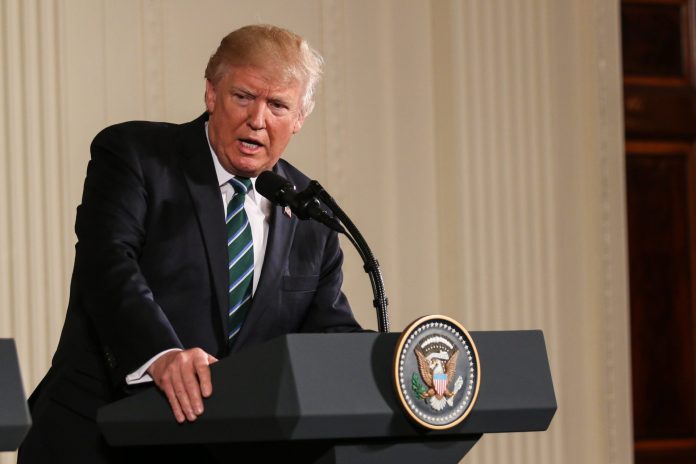Trump’s recent Cabinet picks include several Wall Street veterans, raising questions about how their financial ties and policies might impact the average investor.
Here are five ways these appointments could shape your financial future.
1. Executive Stock Divestitures

Executives appointed to government positions must often sell off significant holdings to avoid conflicts of interest. For example, Commerce Secretary nominee Howard Lutnick must divest millions of dollars in stock from Cantor Fitzgerald subsidiaries.
While stock sales of large company stock rarely disrupt share prices for long, uncertainty often results in volatility, creating opportunities, but also market risks.
Pro tip: Another investment to consider is gold. For thousands of years, gold has been an effective hedge against uncertainty and inflation. Learn more by visiting Preserve Gold
2. Policy Priorities Could Favor Big Business

Cabinet members with Wall Street ties may push for policies that benefit large corporations, like the ones they came from. That’s generally a positive for the stock market and investors, but could benefit some industries more than others.
Keep an eye on the impact of regulatory rollbacks and tax incentives for specific industries and companies. Oil and financial firms, for example, benefit from reduced regulation.
Pro tip: If you’ve got more than $100,000 in investments, this might be a good time to get some advice from a pro. SmartAsset offers a free service that will match you to a vetted, fiduciary advisor in less than 5 minutes.
3. Conflicts of Interest Could Create Market Uncertainty

The complex financial entanglements of Wall Street executives could lead to scrutiny and controversy, as seen with previous administrations.
Publicized conflicts of interest may create short-term volatility in sectors tied to their former companies or industries.
4. Diversified Investmenting Could Lead the Way

Appointees who divest their holdings may reinvest proceeds into Treasury securities or diversified funds. Both are good ideas for all investors. .
This focus on diversified portfolios could spotlight the benefits of spreading risk across multiple assets, a trend everyday investors might follow.
Pro tip: One modern way to diversify is with real estate and venture capital. Companies like Fundrise, offer both with investments as small as $10.
5. Financial Sector Influence May Reshape Regulations

With Wall Street leaders in key roles, financial regulations could be loosened, positively impacting the banking and investment sectors.
While deregulation will spur economic growth, less oversight could also increase risks for average investors, such as market instability or predatory practices.
Pro tip: Always have an emergency fund so you’re not forced to sell stocks at the wrong time. And earn as much as possible on those emergency savings. For example, SoFi Checking is currently offering more than 4% interest, plus a potential $300 signup bonus.
What It Means for Your Money

Trump’s Wall Street-connected Cabinet picks signal potential shifts in financial policy that could affect everything from market stability to individual portfolios.
Staying informed and prepared for potential changes is critical to protecting and growing your investments.


